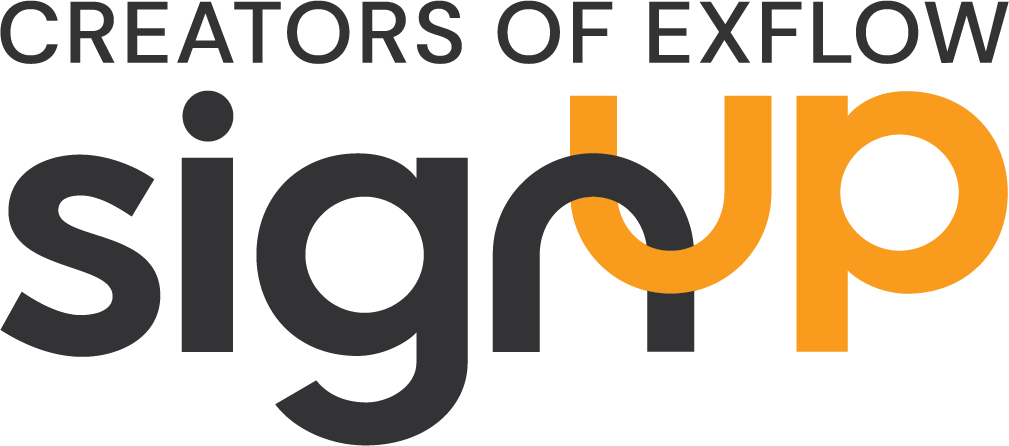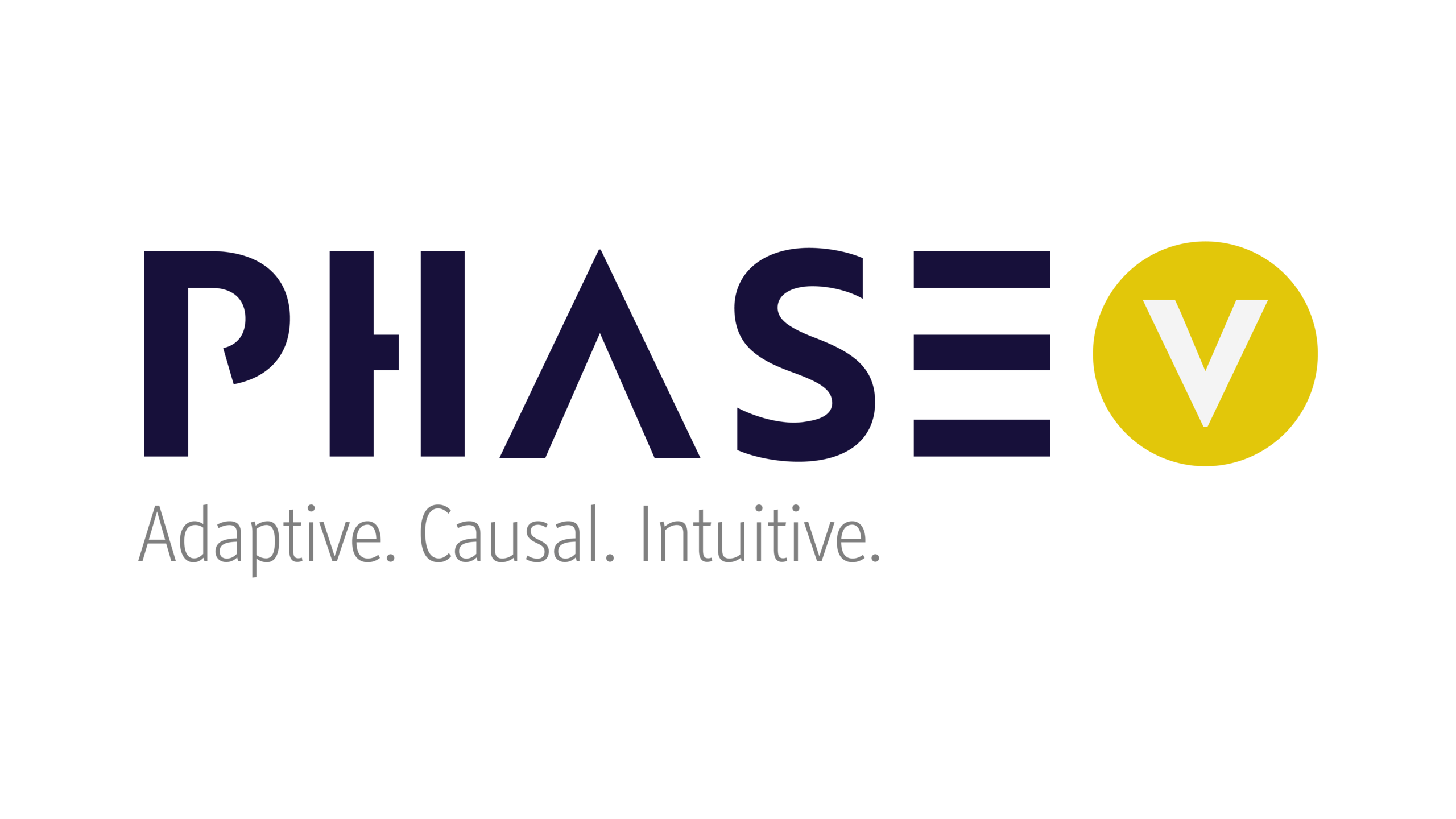Behind the Investment: CrewAI
Artificial intelligence is playing a significant role in rethinking workflows, business processes, and productivity. Consumers and businesses alike are rushing to leverage this transformative technology to power their daily lives and work.
ChatGPT became the fastest application to reach 100 million MAU. Accenture announced $3B in yearly bookings around Generative AI. Nvidia saw record quarterly revenues in the second quarter of FY25, with quarterly revenues growing 122% YoY.
The excitement is warranted. Not only can large language models (LLMs) and generative AI analyze large volumes of data and derive predictions based on such data, but they can also generate new content, data, code, etc. and work with ambiguous inputs and unstructured data. These capabilities unlock a range of fundamentally new workflows and possibilities.
LLMs are good at generating responses based on a given user query or prompt, such as “Can you explain generative AI to me like I am 5?” or “Why does New York City pizza taste so good?” As companies and individuals look beyond simple querying and prompting toward systems that can actually complete tasks on their own, AI agents are gaining popularity.
AI agents are software programs that combine the power of LLMs with the ability to autonomously complete tasks. These agents can reason (i.e., analyze information to solve problems and make decisions) and handle tasks like booking a hotel room for business travel or answering customer support questions on a website.
In our May ’24 paper ‘AI Agents are Disrupting Automation’, we shared our excitement around the potential for AI agents to play a significant role in the future of enterprise automation. While traditional automation techniques like RPA have fallen short in many scenarios given their rules-based, deterministic nature and inability to adapt to changes in underlying systems and UIs, AI agents (powered by LLMs) can reason and navigate intricate scenarios, making them well suited for handling more complex tasks, workflows, and enterprise automations.
AI agents and AI-enabled software are starting to converge application logic and workflow automation in many scenarios, powering a new wave of applications that can not only handle user inputs and provide relevant insights but also subsume adjacent workflows and autonomously take action.
As demand for automating more complex workflows and tasks grows, multi-agent systems play a critical role in orchestration and enabling these agentic systems to work at scale. Rather than leveraging a single AI agent, multi-agent systems break down complex tasks into a series of sub-tasks, orchestrating each sub-task to a different agent with its own expertise and objective. The agents then work together like a team to achieve a common end goal.
The potential value multi-agent systems can deliver is clear, however, building and managing these systems can be complex and time consuming.
Enter CrewAI. CrewAI is a platform for building and managing multi-agent AI systems. CrewAI enables enterprises to chain together multiple task-specific AI Agents (called ‘Crews’) that communicate with one another, delegate tasks, and automate complex business processes and workflows. CrewAI lets users choose the best LLM for any given agent / task, helping prevent model vendor lock-in and optimize outcomes.
We first came across CrewAI earlier this year while conducting research for our May ’24 AI Agents paper. At the time, CrewAI was a newly released open-source project launched by founder João Moura. We quickly took note of CrewAI given the range of agentic systems being built using their framework, as well as the community of developers and advocates they were fostering.
Fast forward a few months, and we couldn’t be more excited to partner with CrewAI and lead their Series A.
Through conversations with users and automation experts, it became clear CrewAI was building a leading framework for building multi-agent systems, with the potential to play a key role in the future of enterprise automation given the inherently complex nature of enterprise workflows and the ability for multi-agent architectures to act as a template for next generation enterprise applications.
Since launching via open-source in Nov ’23, CrewAI has built a strong community of developers, with over 20k GitHub stars and thousands of users from leading enterprises, scale-ups, and organizations globally.
Earlier this week, CrewAI launched its Enterprise Cloud offering – CrewAI Enterprise. Built on top of CrewAI’s open-source framework, CrewAI Enterprise acts as a centralized platform for planning, building, deploying, monitoring, and iterating complex AI workloads and multi-agent systems. Using CrewAI Enterprise, teams can now build LLM- and cloud-agnostic AI-agent-native features and applications and automate simple and complex workflows and processes.
The energy, excitement, and focus on solving deep developer & customer pain points was clear from our very first meeting with the CrewAI team. Founder João Moura started CrewAI after experiencing the pain points and complexities of building with pre-existing agentic platforms and frameworks. João has built a strong following and mindshare among developers and enterprises building around AI agents and just launched a second course on Multi AI Agent Systems with Andrew Ng earlier this week. João’s co-founder, Rob, is a technology and go-to-market veteran, having run operations & GTM at Kustomer and founded & led multiple startups (including a former Insight portfolio company). We quickly connected with João and Rob given a shared vision for the future of automation and the opportunity for CrewAI to play a key role in enabling this future.
We are thrilled to lead CrewAI’s Series A, with participation from existing investors boldstart ventures, Craft Ventures, Early Grey, and Firsthand Ventures, and to partner with João, Rob, and the team as they look to shape the future of enterprise automation and build a category-defining business.











